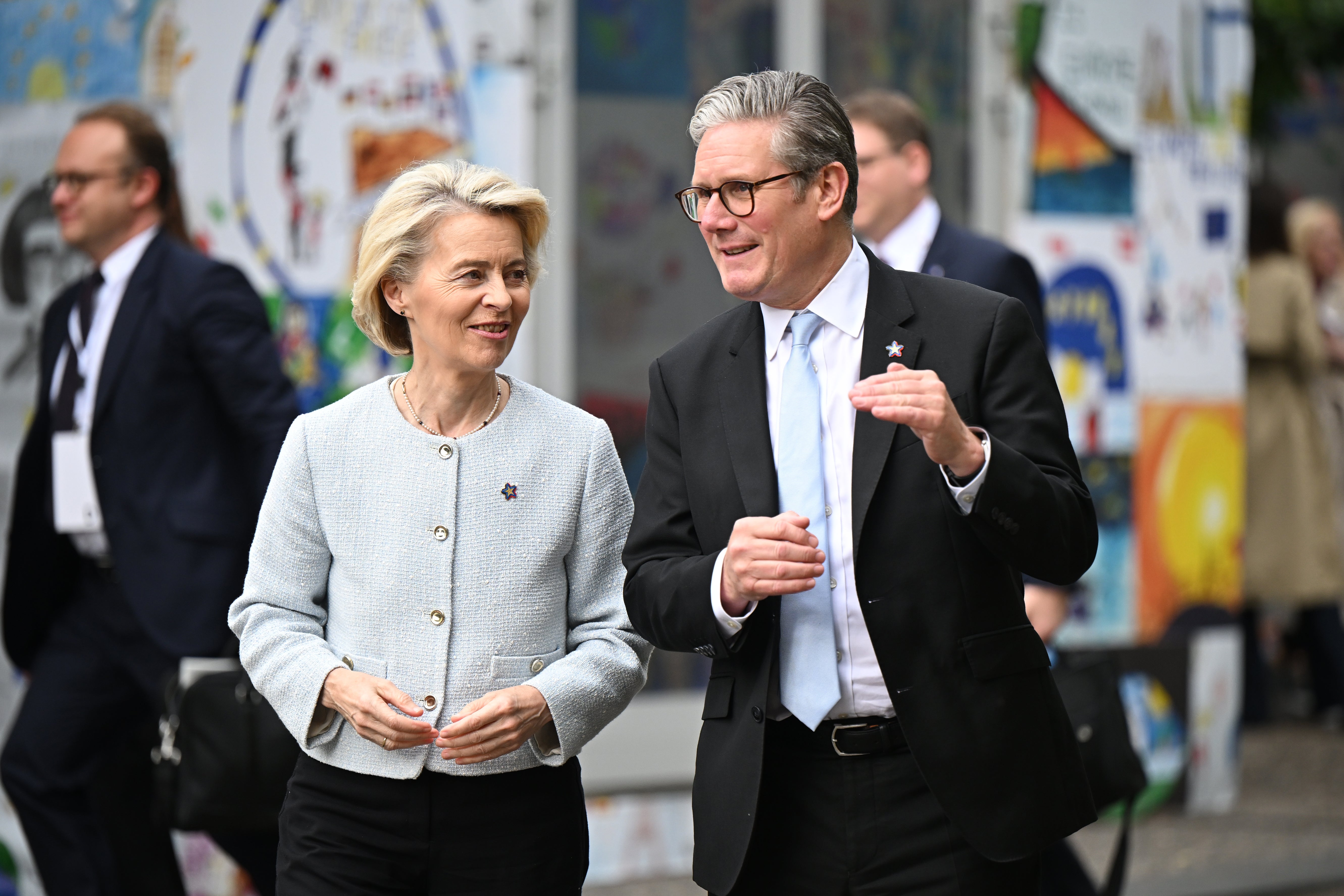ARTICLE AD BOX
Sir Keir Starmer has been accused of shutting European news outlets out of his much-hyped EU-UK summit on Monday.
With the prime minister set to unveil his post-Brexit reset plans alongside Brussels leaders, the Foreign Press Association (FPA) has said “almost every European news outlet” with a foreign correspondent in London has been denied access to the summit.
In a letter sent to Downing Street the FPA, which represents foreign journalists based in the UK, said: “Sir Keir Starmer, you state that you want a reset with the EU. You organise a summit between the UK and the EU to restart the relationship.

“Yet you deny accreditation to almost every European news outlet who has a foreign correspondent in London, leaving out the biggest news agencies, the most important papers, the most trusted broadcasters.
“The Foreign Press Association in London represents the top international news outlets in the world, the vast majority of which have been denied access to Monday’s summit.
“We urge you to reconsider, if not out of a consideration for press freedom at least out of fairness.”
One journalist hoping to attend the summit said two of their countries biggest news outlets had been shut out, comparing it to shutting the BBC and PA out of a summit in Brussels.

The reporter said: “I believe it is a complete and utter shambles. They have denied access to public broadcasters and news wires from Spain, Italy, Germany and many other countries but granted it to freelancers.
“Either they have no understanding of who the key players in European media are, or they simply don’t care.”
Government officials said they had received 500 accreditation requests for only 100 spaces, with the majority of those 100 awarded to European outlets. “We always accommodate as much as we can,” a source stressed.
Monday’s summit is the culmination of months of negotiations between the UK and EU on the future of Britain’s relationship with Brussels.
The prime minister will be joined by European Commission president Ursula Von Der Leyen and European Council president Antonio Costa as they set out a path forward.
Major announcements include the expected unveiling of a youth mobility scheme between the UK and EU, which would let young people live, work and study freely between Britain and Europe.
Britain is also hoping to secure access to the EU’s major 150 billion euro defence fund, which would be a significant boost to the UK’s arms firms.









 English (US) ·
English (US) ·